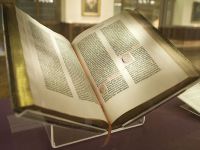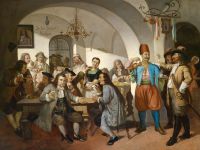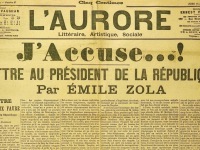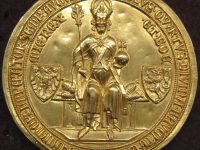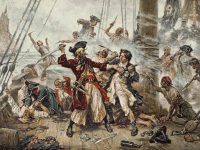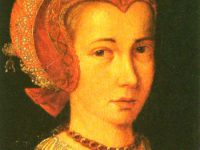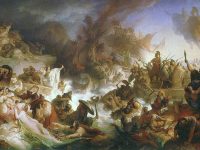Thomas Bodley and the Bodleian Library
On March 2, 1544, English diplomat and scholar Sir Thomas Bodley was born. His greatest achievement was the re-founding of the library at Oxford that was named in his honor. Moreover, he established new ideas and practices library of which also modern libraries still benefit today. The Roots of the Bodleian Library The Bodleian Library is the main research library of the University of Oxford and it is one of the oldest…
Read more


